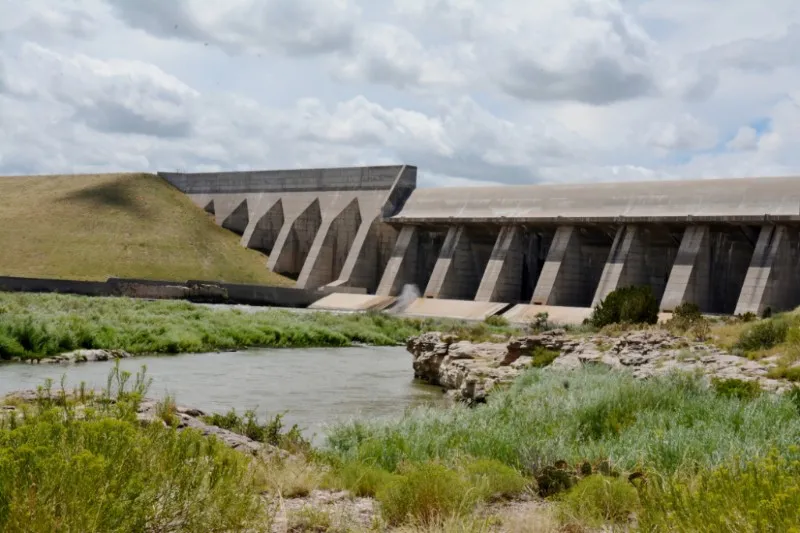
The Yonder Report: News from rural America - August 22, 2024
News from rural America.
Smiles are guaranteed at America's State Fairs, jobs in recreational counties are rebounding the most, getting disaster-recovery help can be tough for rural folks, and state 'ag gag' laws are being challenged by animal rights groups.
TRANSCRIPT
For the Daily Yonder and Public News Service, this is the news from rural America.
Counties that draw tourists are leading in rural post-pandemic job recovery, but overall, employment outside of cities still lags where it was slightly.
An analysis of growth patterns by Daily Yonder data reporter, Sarah Mallott, shows how much rural tourist counties are benefiting.
There were about 57,500 more jobs compared to pre-pandemic employment.
That's equal to almost a 2 percent increase in employment.
She says counties with outdoor recreation saw more employment than other rural areas, and the Mountain West saw the most growth.
Wyoming, Montana, and Idaho saw the greatest amount of growth in jobs during that time period.
These states gained about 16,000 rural jobs in recreation areas.
Rural counties dependent on mining and natural resource extraction fared the worst.
A total of 24,000 of those jobs have been lost since 2019.
Rural folks may face disadvantages to getting disaster recovery help.
More from Molly Egan.
It's been two years since Wesley Bryant of Pike County, Kentucky lost his home to flooding.
After being denied federal assistance multiple times, he's had to pay the $20,000 in repair bills himself, at least initially.
We're not serious, we just need a little help from our government.
The Federal Emergency Management Agency's risk determination tool favors larger economies with higher property values.
Pike County is classified as low risk for natural disasters, despite its history of flooding.
This leaves rural folks like Bryant stuck, fighting to rebuild communities and get families back into their homes.
I started thinking about my babies and I can't quit.
See, this is my home, this is my commonwealth.
I'm gonna fight for it.
I'm Molly Egan.
Arkansas is one of several states with ag-gag laws, which can stop undercover reporting about cruel slaughterhouses and meat processing plants.
Backed by industry, lawmakers have made it illegal to film or copy documents at factory farms and processing facilities without the owner's permission.
Attorney Matthew Struger with the animal rights organization, First Amendment, says many ag-gag laws violate free speech.
Agriculture wants to criminalize undercover investigations of animal agriculture because undercover investigations have been some of the most effective ways of documenting and exposing what goes on in places like slaughterhouses and factory farms.
In 2013, Congress moved to protect whistleblowers, but employers found loopholes and have pursued prosecutions.
Struger says it's clear some companies don't want their workplace practices exposed to the public.
People can actually see a video of some of the practices and some of the terrible things that happen in these facilities.
From fry bread to prize pigs, it's state fair season.
Last year, the Blue Ribbon Group gave top honors for best state fair to Minnesota.
For the Daily Yonder and Public News Service, I'm Roz Brown.
For more rural stories, visit dailyyonder.com.
















